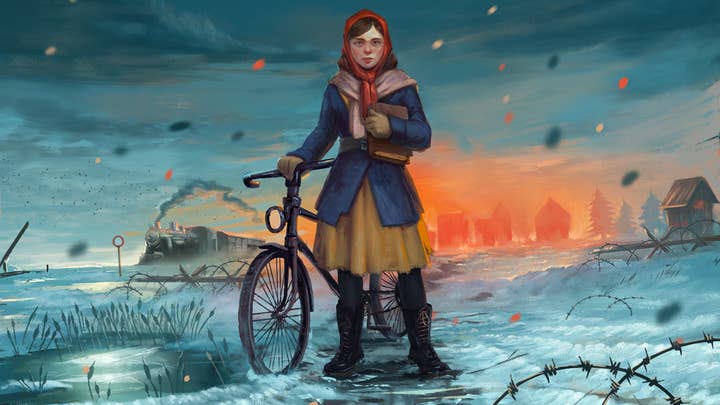Don’t Nod ventures into new territory with Gerda and indie publishing
Oskar Guilbert and Sophie Filip discuss the studio’s first externally-developed title, and restoring the balance for developers
Gerda: A Flame in Winter is launching today. Developed by Danish studio PortaPlay, it's also the first ever third-party title published by Don't Nod.
The French company (which recently overhauled its visual identity) has been experimenting with different business models in recent years, with every step seemingly paving the way for the studio to become a publisher.
Don't Not went from being a dedicated developer to self-publishing with Twin Mirror, to being a third-party publisher in the span of a few years. And at Gamescom last week, CEO and founder Oskar Guilbert and CMO Sophie Filip's excitement ahead of Gerda's launch was palpable.
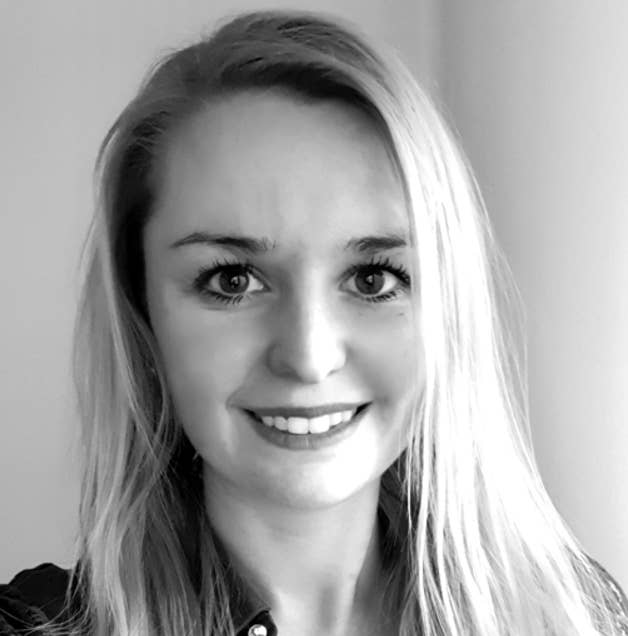
"It's going to sound like a common thing but we want people to connect with the game," Filip tells GamesIndustry.biz. "It's an intimate story, we want people to understand what Gerda was going through. It's inspired by the stories of [PortaPlay's creative director] Hans von Knut's grandmother, it's [World War 2] from a civilian point of view, a theme that resonates today more than ever I would say.
"Obviously, it was not expected at the time we signed the project but with everything that's happening right now we really hope that it can continue to push this message, having these conversations about what happens on the civilian side in the context of a war and what everybody can do to help civilians."
Don't Nod didn't put its developer's hat back in the closet though, and contributed to Gerda's development; this hands-on approach will be at the core of its future publishing relationships as well.
"We were looking for partnerships where it wasn't just about us publishing the game, it's also where we could contribute a bit – that was one of the criteria," Filip continues. "We want to work together. It's a co-production and we're only doing co-productions, really having a special relationship with the developers we're working with.

"[Gerda] is relatable, definitely, and a narrative game, but it's not a game that we would have done at Don't Nod, if that makes sense. It definitely has its place in our portfolio but it's something that's slightly different, with different gameplay and using a different art style and so on. We wanted to diversify as much as possible the portfolio of the games while still having our pillars, and so this was fitting nicely into [that vision]."
Guilbert adds that Don't Nod is and will continue to be very selective with the developers it decides to work with and the kind of games they want to make. And when asked what exactly the company is looking for, he adds that it's also a question of budget.
"As it's external production, we think we should not risk as much money as if we did it internally as we'd have full control of the production," he explains. "So we have to be very careful about it.
"And also what is really important for us is that the team we will work with already released a game or at least has a demo or something which we can already play, to be sure that the team is able to deliver the game. Because, as you know, in our industry, it's really, really hard to make games, it [requires] so many different types of expertise that... It's really difficult.
"So we were very selective and with PortaPlay we thought [they had] game with a strong narrative. It's a game with RPG aspects, and you know our successes and know-how is narrative games, and also RPG with Vampyr. So together it was a good balance, and we thought it was something which would be very successful. Also the fact that it's a relatively intimate game which triggers emotions is something we really think is valuable. It comes from the heart of its creators."
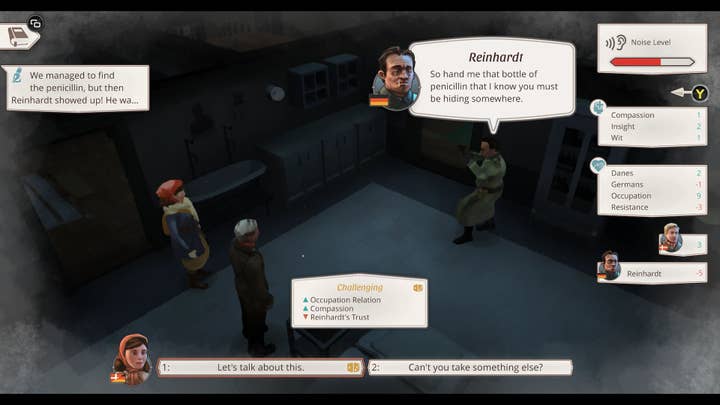
Don't Nod's move into publishing also came from a desire to fix the developer/publisher relationship, something that's very often mentioned by studios who made the jump.
"We [have been] a developer for a very long time and we know that relationships between developers and publishers are not always balanced," Guilbert says. "Sometimes the balance is more in the favour of the publisher because they have the power, they have the money. So we don't want to reproduce this pattern, we really want to have a balanced relationship with reciprocity.
"We [have been] a developer for a very long time and we know that relationships between developers and publishers are not always balanced"Oskar Guilbert
"We give them things, they give us things and we also benefit from the success of the game and they have, of course, strong creative control of what they do and that's something which was very, very important for us, and I think that's why many developers come to us. Because they see us as a meaningful and fair partner."
Don't Nod has had its own experience of troublesome relationships with publishers, with both Filip and Guilbert saying the studio learnt a lot from Twin Mirror, its first self-owned and self-published IP – although it was originally going to be published by Bandai Namco.
"It was such a complicated context, it was the first year of COVID, it was our first own IP, we were building the teams…," Filip starts.
Guilbert continues: "And remember that we started it with Bandai Namco, we had to buy the IP back because our visions were disconnected. It was complex but we learnt a lot and I think it was good for the company, from a development point of view, from a communication, marketing point of view, to learn from this case and continue to [make] better and better games and self-published games in the future."
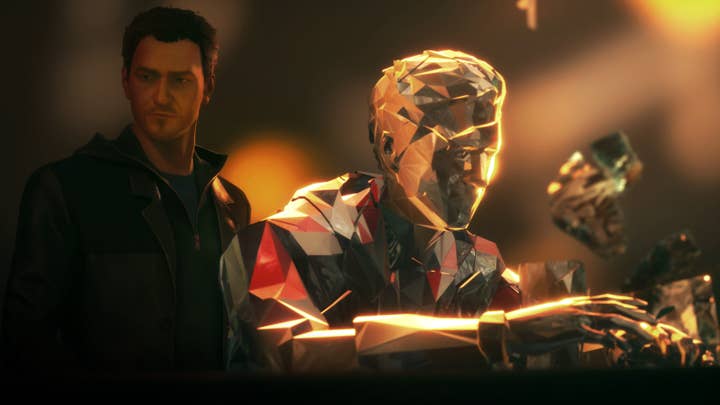
Issues between developers and publishers have also been recently revealed at Square Enix among others, following the sale of its Western studios to Embracer. Square Enix is also a publisher Don't Nod worked with, but Guilbert is very grateful of their partnership and Don't Nod didn't seem to encounter issues at the time.
"When we signed with Square Enix, we really needed this contract," he says. "They helped us a lot. Of course, we were also working with Focus Interactive at that time with Vampyr, but these two publishers really helped us to go through a very difficult time.
"So I will not say anything negative about Square Enix. I think they have a good know-how, they work with many different companies. Of course, the contracts maybe were a little bit old school, but what can be done now? It was a long time ago and things have probably changed. I think we did a great job together, and the result is Life is Strange."
"Lots of things happened after Life is Strange but what's really important is that Life is Strange [shaped] our DNA and defined what we do now"Oskar Guilbert
In fact, Don't Nod isn't done with publishers altogether. The studio currently has six games in the works across its two teams (one in Paris, one in Montreal formed by part of the original Life is Strange team), Filip tells us. Five of them will be self published but one will be brought to market by Focus.
When asked about why it's not self-publishing all of them, Gilbert talks of the ambition of the unannounced title.
"The budget of the game is really very important. I'm not going to reveal it but it's much higher than our usual budget for the games we have fully published. It was also because we thought Vampyr was very successful – it was No.1 when we released it, on Steam, on Amazon. It was a really, really big success so we really trust Focus on the selling part, distribution part, also they did a good job on the marketing, so we think it was a good move for us.
"We were also at that time constructing our marketing department -- Sophie arrived at the company [in 2019] and had to build up a team so it took time. So I think it was a good decision for us on the financial part of things, but also [for] marketing and distribution support."
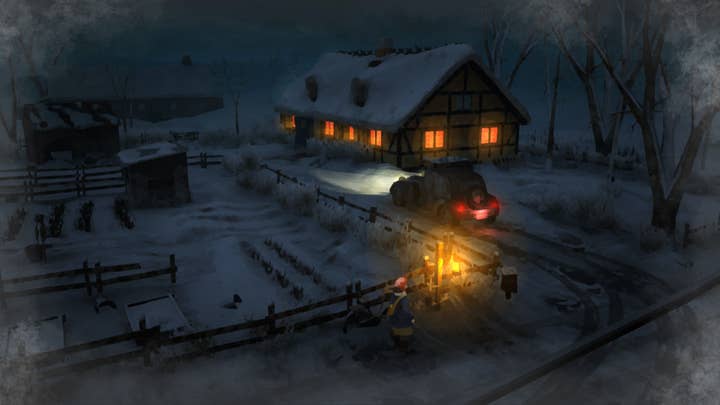
It's difficult to talk to Don't Nod without reminiscing about its Life is Strange days. And while Guilbert and Filip are keen to highlight how much the studio has changed since then, they both acknowledge how much the series shaped what Don't Nod has become.
"The strategy is to create our own IPs and own them and continue to build new worlds that we know our players will care for"Sophie Filip
"It's been many, many years since Life is Strange. We've released Vampyr, we released Tell Me Why with Microsoft, Twin Mirror, and now we're going to release a game with PortaPlay – our first published by Don't Nod but developed externally [game].
"Lots of things happened after Life is Strange but what's really important is that Life is Strange [shaped] our DNA and defined what we do now, and we continue to be consistent with those values and this stability on the back of some difficulties. And we continue to do that with almost all our games."
Filip says there's no plans for Don't Nod to go back to working on Life is Strange (the IP is owned by Square Enix and currently helmed by Deck Nine) but doesn't say never.
"It's not in the plans yet," she says. "But obviously we're still open in the future, let's see how it goes! The strategy right now at Don't Nod is to create our own IPs and own them and continue to build new worlds and stories that we know our players will care for, so we're definitely still working towards that.
"And piggybacking on how [Life is Strange] shaped Don't Nod, I think definitely we saw that people and players had interest in the stories we're telling with Life is Strange, it was really popular because the story was really relatable. The story has a lot of meaning and was triggering conversations, something that really encompassed our editorial vision and something we are looking for in the games we are making or curating with partnerships like we have with PortaPlay."
